Recently, many kindergartens and primary schools in Quang Binh received documents from the tax department, requiring them to pay value-added tax for many activities in the 2024-2025 school year. These include taxes on boarding meals, hiring cooks, security guards, buying drinking water, test papers, etc.
The proposed taxes are causing concern for many school leaders in Quang Binh province. They believe that imposing taxes on some school activities is inappropriate.

Lam Hoa Kindergarten, Tuyen Hoa district, Quang Binh province (Photo: Tien Thanh).
Located in the mountainous district of Tuyen Hoa (Quang Binh), Lam Hoa Kindergarten has 114 students. Recently, the school also received a document on the payment of value added tax, including tax on boarding meals.
Ms. Cao Thi Anh, Principal of Lam Hoa Kindergarten, said that when the school organizes boarding meals, the purchase of raw materials and food always has an invoice, meaning that the supplier has paid value added tax, so imposing additional tax on each student's meal is inappropriate.
According to Ms. Anh, the activities of boarding, hiring nannies, and security guards all serve students and educational activities, not business or profit-making. Therefore, Ms. Anh recommends that all levels, departments, and branches should consider exempting and reducing value added tax for these activities.
Similarly, Bac Ly Kindergarten has 625 students, of which 500 are registered for boarding meals. School leaders said that according to the tax authority's instructions, each student meal costing 23,000 VND is subject to a 3% tax (equivalent to 690 VND).
"Many schools have also discussed this with relevant departments. The cost of boarding meals is contributed by parents. When buying ingredients for cooking, tax is paid once, so collecting additional tax on each meal is unreasonable. Our school is also prepared to pay a separate amount of tax, and if exempted, we will return it to parents," said the leader of Bac Ly Kindergarten.
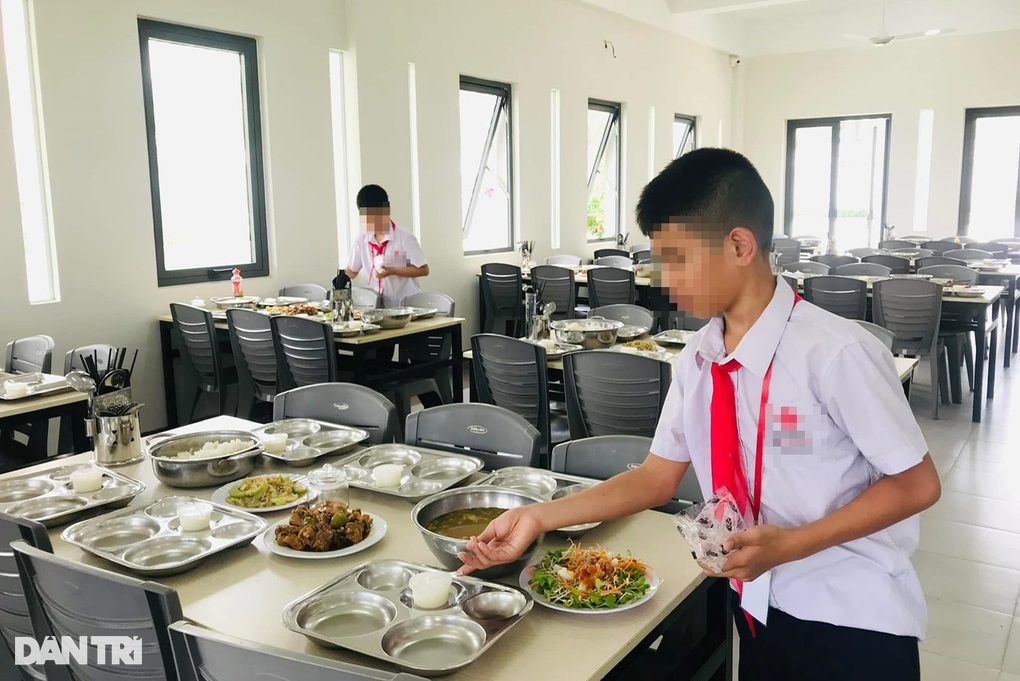
Meals for boarding students at a school in Quang Binh (Photo: Tien Thanh).
Regarding the above issue, Mr. Doan Vi Tuyen, Deputy Head of the Tax Department of Region XI, said that the current tax collection at public schools is not contrary to the resolution of the People's Council of Quang Binh province.
According to Mr. Tuyen, current tax law has two methods of calculating value added tax: deduction and direct.
With the deduction method, the taxpayer must record accounting books and invoices according to regulations. Then, the amount payable is the difference between output VAT and input VAT (must meet the deduction conditions).
If the unit fails to keep accounting books and invoices, the law stipulates a fixed tax rate on total revenue from goods and services and the value added tax rate is calculated as a percentage, depending on the goods and services.
Explaining more clearly about calculating tax for meals for boarding students, Mr. Tuyen said that when schools can keep accounting books and have full invoices when purchasing ingredients, they will be able to deduct tax.
In cases where schools cannot account for input invoices, they will not be able to deduct the tax paid when purchasing cooking ingredients. This leads to schools claiming that they have to pay value added tax twice.
"The tax industry always encourages units to have complete accounting and documentation and apply the tax deduction method," Mr. Tuyen emphasized.
Mr. Tuyen also said that he will direct tax officers to work directly with schools to provide detailed instructions on how to declare and pay taxes in accordance with regulations to avoid misunderstandings about how to determine the amount of tax payable for the same service.
Source: https://dantri.com.vn/giao-duc/xon-xao-mot-bua-an-ban-tru-cua-hoc-sinh-phai-dong-2-lan-thue-20250517094259123.htm




![[Photo] Explore the US Navy's USS Robert Smalls warship](/_next/image?url=https%3A%2F%2Fvphoto.vietnam.vn%2Fthumb%2F1200x675%2Fvietnam%2Fresource%2FIMAGE%2F2025%2F12%2F10%2F1765341533272_11212121-8303-jpg.webp&w=3840&q=75)



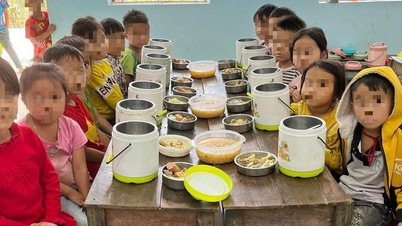

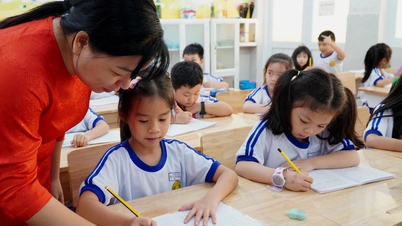

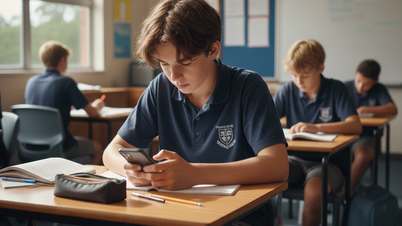


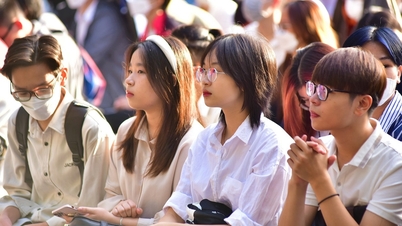






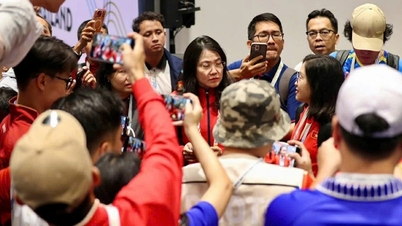
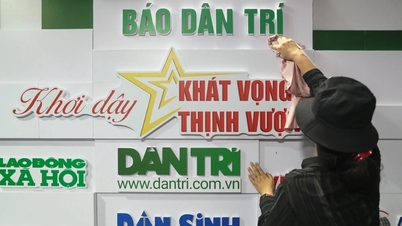
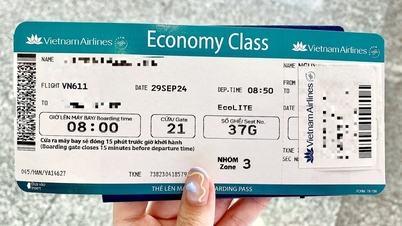


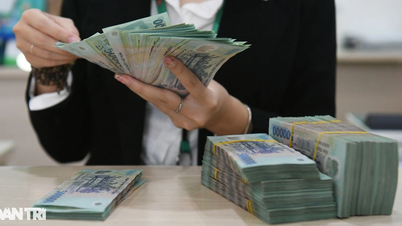







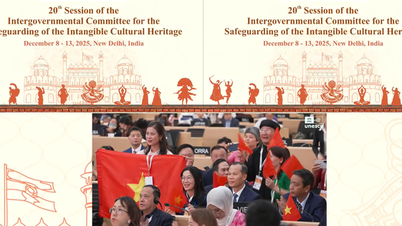

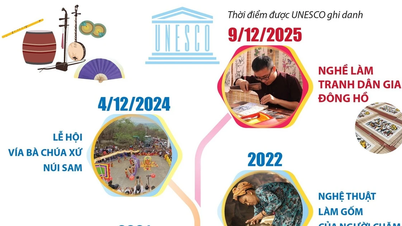

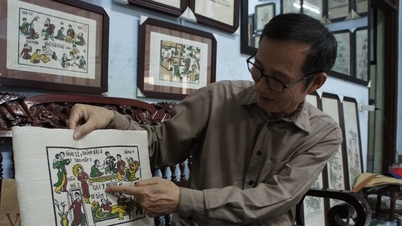




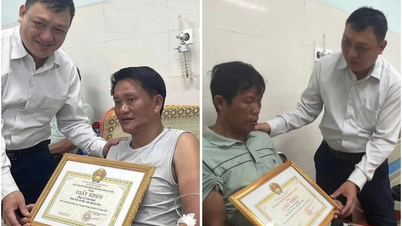

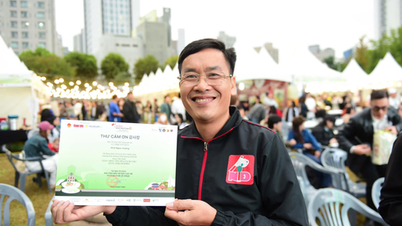

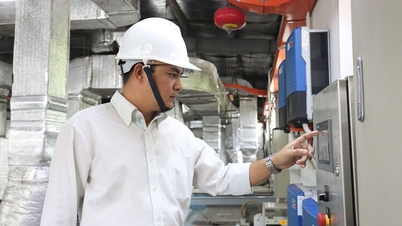




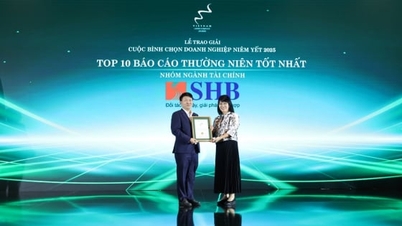

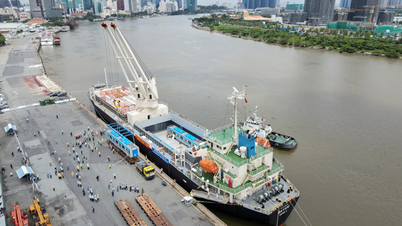
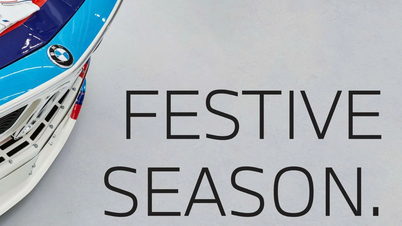
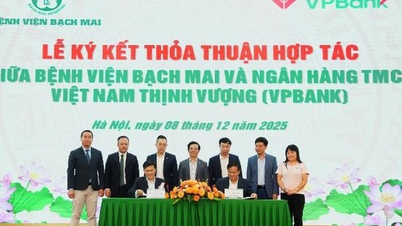







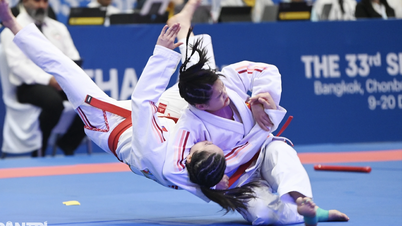
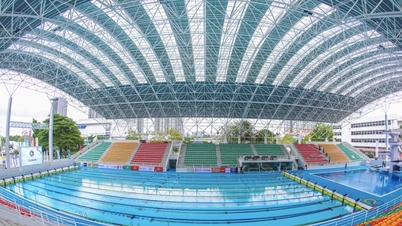
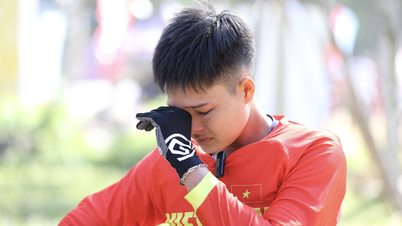

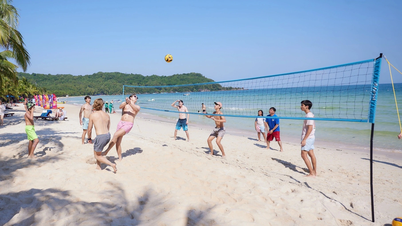
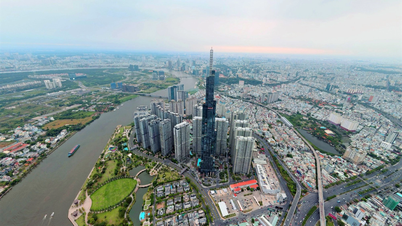




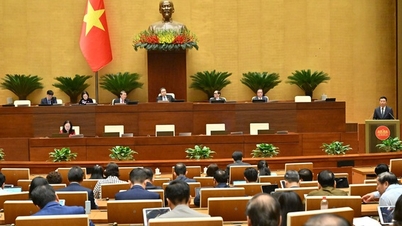

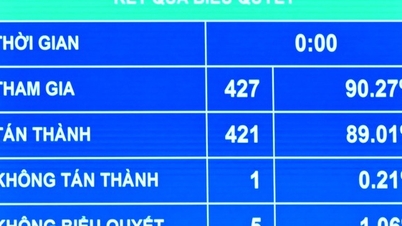
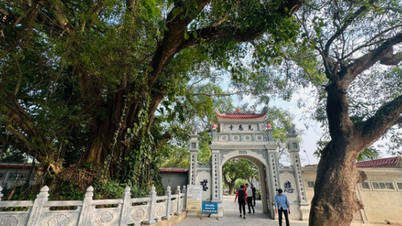
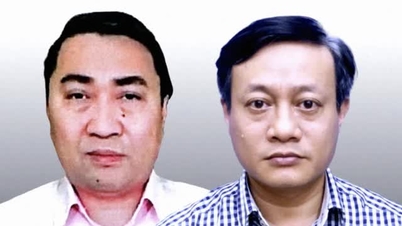



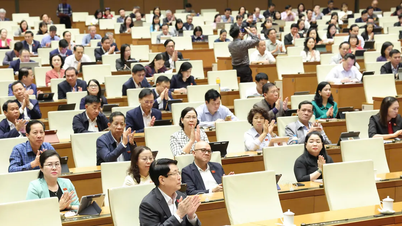

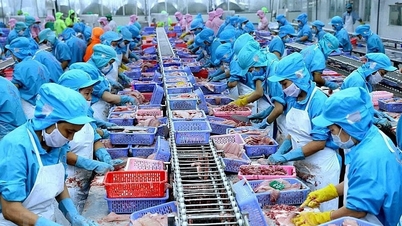

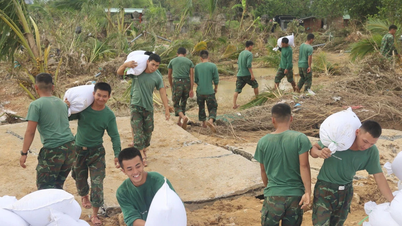




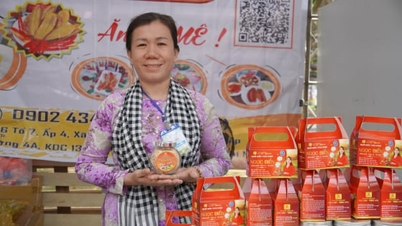










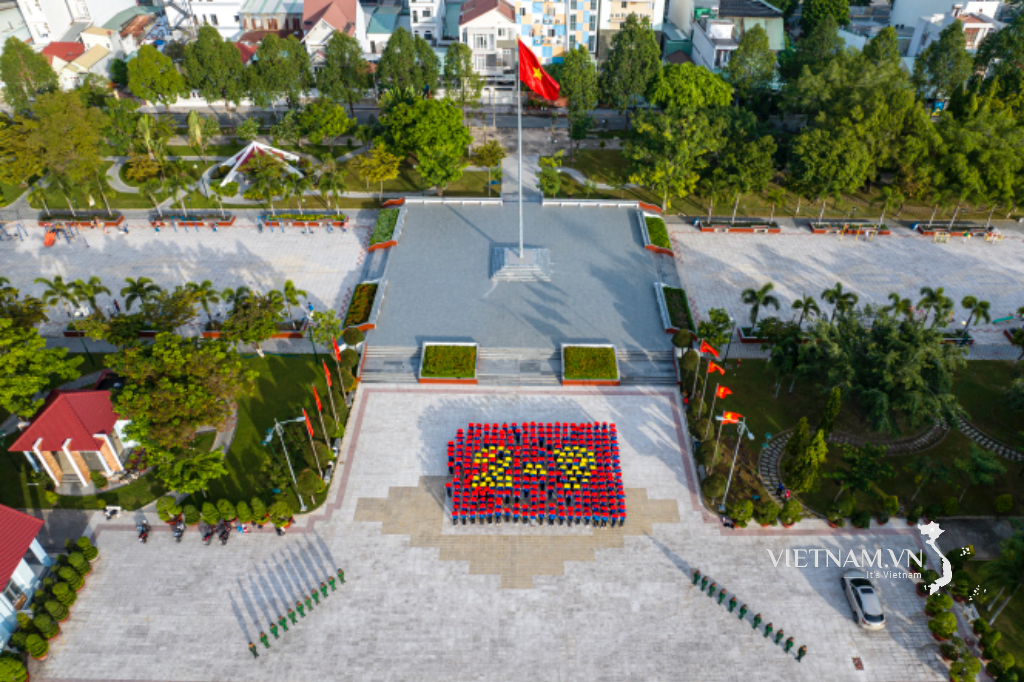

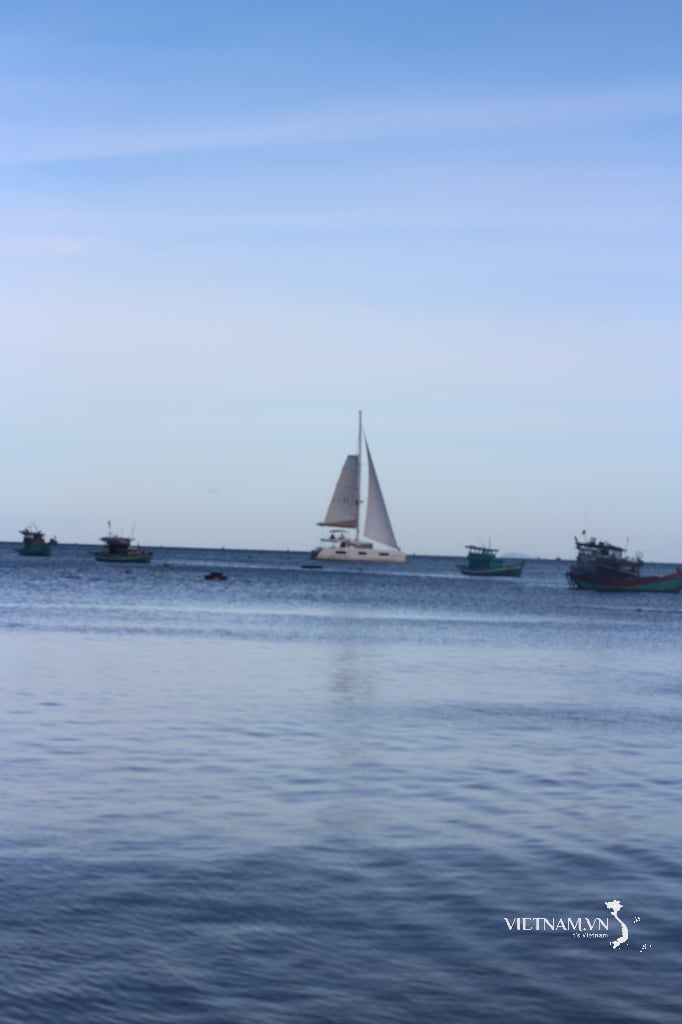




Comment (0)